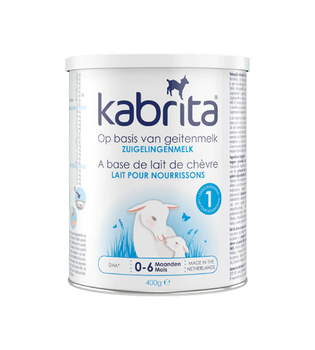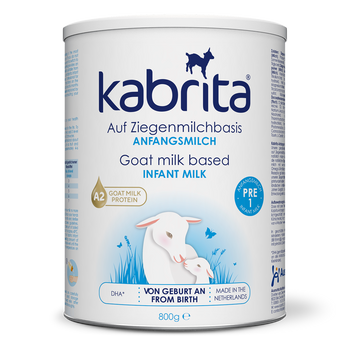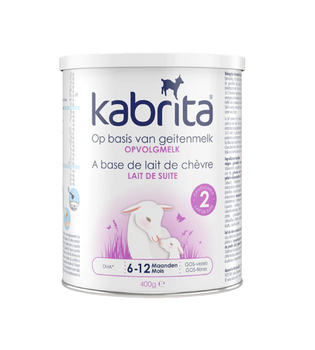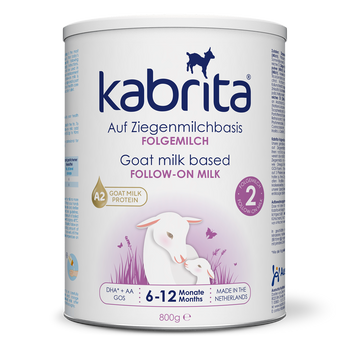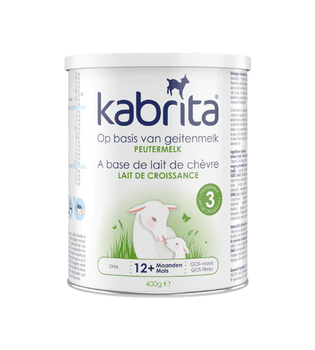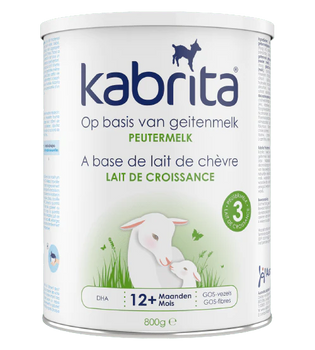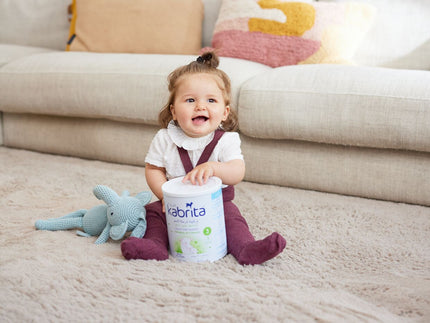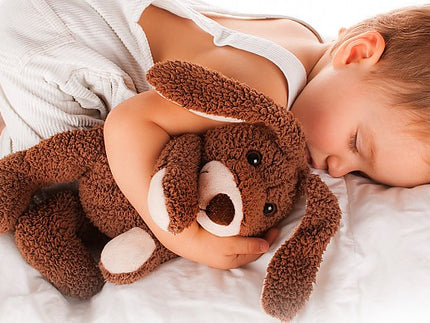Colds and RS Virus

A baby’s cold: Is it harmless?
Yes, a baby's cold is usually completely innocent. In fact, it's part of their early development. Because your baby's immune system is not yet fully developed, they can have a cold up to ten times a year. But while it may be mostly normal, it can be unpleasant: your little one may suffer from not being able to breathe freely, a snotty nose and a lot of coughing.
What gives your baby a cold?
It's almost impossible to prevent your baby from getting a cold. Their immune system has not yet been developed, making your baby more susceptible to the viruses that cause the cold. There's not one specific virus that causes colds, but rather a multitude of viruses that can cause them. If there is a so-called cold epidemic, there are often several viruses going around that can infect your baby. This also explains why your baby sometimes gets a cold one after the other. As your baby gets older, his or her resistance will also improve, reducing their susceptibility to this common illness.
How to recognize a cold
A cold can be accompanied by a runny nose, coughing and sneezing. In fact, the symptoms are almost the same as those of an adult who has a cold: the mucous membrane of the throat, nose and sinuses is inflamed. Some symptoms of a cold in babies are:
- Coughing
- Sneezing
- Having a clogged nose
- Lots of sniffling (runny nose)
- Tearing eyes
- More crying
- Being languid
- Headache and sore throat
Is a cold contagious?
It is no coincidence that your baby has had a cold more often from the moment he has gone to the nursery or daycare. Cold viruses spread quickly and a cold is easily transmitted. This can be airborne or done through physical contact. The risk of infection is also greater when babies are close together, as is often the case at a nursery. It is therefore difficult to avoid a cold, but with the right precautions, you can make sure that your baby does not catch a cold quite as often.
The Do's and Don'ts for a baby’s cold
If your baby has a cold, there are a number of do's and don'ts to take into account.
Do's:
Wash your hands and your baby's as much as possible. In any case, after every toilet visit and after every diaper change, but also after you have sneezed and as much as possible in between. Also, wash your baby's face regularly.
Avoid the cold outside air as much as possible. In any case, wait until the worst coughing is over.
Make sure the baby's room is not draughty, but don't let it get too hot. Between 15 and 18 degrees Celsius is ideal for your baby.
Give your baby extra liquids. This 'lubricates' the throat and loosens the mucus.
Mimic the effect of steaming. Sit with your baby in a steaming bathroom so they can breathe the warm, moist air.
Reduce the dryness of rooms in the house by hanging trays of water on the radiators.
To allow your baby to breathe more freely, you can use a special nose suction tool to suck liquid snot out of the nose. A special baby nose spray can also help your baby breathe more freely when they have a cold.
Dress your baby in cotton clothes. This will breathe, sit comfortably and prevent your baby from getting too hot if they get feverish due to the cold.
Does your baby have trouble sleeping because of the full nose? Raise the head of the mattress slightly so your baby can breathe more freely in their sleep.
Don'ts:
Give your baby too much fresh air. It's tempting to go out with your child, but don't underestimate a cold. Going out too much can cause the cold to last longer.
Do not use ointments with menthol in them. This brings relief to adults, but it's too much for your baby. It is better to choose a special rubbing agent for babies. Ask your pharmacy or chemist for more information.
Set the thermostat too high. Your baby needs warmth, but a room that is too warm is counterproductive. Make sure you have a well-ventilated house that feels comfortable, up to a maximum of 20 degrees.
Take your baby to the nursery. Although a cold is fairly harmless in nature, it does affect your baby and they prefer to be with you. So give your baby some extra attention.
Cold or the RS virus: What are the differences?
The RS virus (Respiratory Syncytial Virus) is very similar to a cold, especially in the beginning. The symptoms include sneezing, coughing, having a snotty nose and are almost the same as the common cold. But where a cold should be over within two weeks, the RS virus persists and the symptoms become more severe.
Babies with the RS virus show the following symptoms:
- Heavy coughing fits your baby just can’t seem to get out of, sometimes resulting in gagging
- Heavy, wheezing breath
- Change of skin colour: the skin becomes grey and dull
The RS virus causes an infection of the respiratory tract (nose and throat), hence the heavy breathing and increased coughing. In the autumn and winter months, the risk of the virus is greatest. As with a cold, the RS virus is highly contagious. The virus is transmitted via droplets in the air when someone coughs or sneezes with the virus. If your baby breathes this contaminated air, he or she can contract the RS virus. You can reduce the risk of infection by following the do's and don'ts that also apply to a cold.
When should I see a doctor?
In most cases, a cold will pass by itself. It can take a while: sometimes a cold in a baby lasts up to two weeks. Is it taking longer or are you worried? A visit to a doctor can never hurt. Also, see a doctor if your child is drowsy, breathing heavily, does not want to eat or drink, is stuffy or has a fever lasting for more than 24 hours.
About Kabrita
Kabrita Goat Milk Bottle Feeding combines mild Dutch goat milk with a composition in line with the latest scientific insights. This creates a full-fledged formula that provides important nutrients in a mild, friendly way. Kabrita is produced entirely in the Netherlands from Dutch goat's milk.
Would you like to be kept up to date with the latest news about Kabrita? Then follow us on Facebook.
